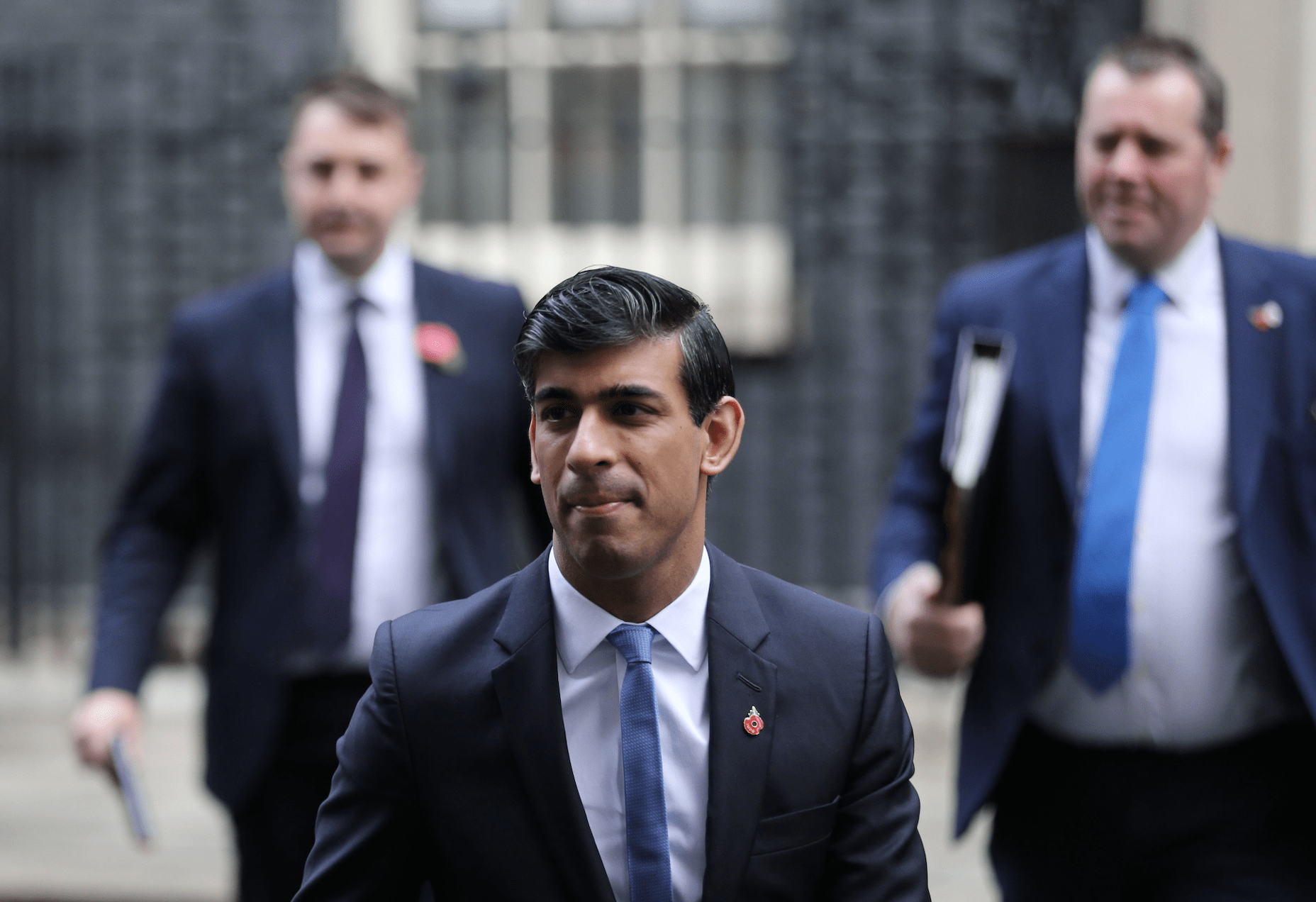Beleaguered Britain: Can Rishi Sunak Restore Sanity?
 Shutterstock
Shutterstock
Jeremy Kinsman
October 24, 2022
Two political clichés leap to mind as Rishi Sunak becomes Britain’s Prime Minister:
“A week is a long time in politics,” the caution issued to a reporter by Labour Prime Minister Harold Wilson during one of many economic crises he faced in the 1960s — and, “It’s the economy stupid,” from Bill Clinton strategist James Carville.
A week ago, Sunak was in the political wilderness. After his resignation in July as finance minister (“chancellor of the exchequer” in exquisite London retro-titling) broke the dam holding back the frustration and disappointment with Boris Johnson, Johnson’s demise as PM swiftly followed. Sunak had seemed done and dusted, until Truss, during just 44 days in office, managed to sabotage the UK economy, mystify the markets and terrify voters.
Her prescription of “growth, growth, growth” via a libertarian recipe of tax cuts for the wealthy and a shrinking government may have worked politically in its day for Ronald Reagan and Truss’s stated role model, Margaret Thatcher, but the UK economy and public anxieties then were not as disrupted as today. Its trickle-down principles have never really worked as economic prescriptions, in any context.
As we know, markets tanked in Britain, the polls tanked for the Conservatives, and Truss was dumped in record time.
Boris saw an opening to reclaim his job (some say he supported Truss as PM hoping her probable failure would lead to his Churchillian resurrection). But he’s never been great at reading public anxieties, preferring to bathe in cheers from loyalists and chuckles from amused voters he charmed as a great retail political campaigner. The fact is that when he left office only seven weeks ago, his disapproval rating with the public was at 72 percent. Nothing he has done or said since had moved that fateful dial.
Twenty-four hours ago, Johnson ceded to political reality and withdrew from the race to replace his disastrous successor.
Sunak has now won the contest among his fellow Tory MPs to succeed Truss, ensuring the vote not go out again for decision by true-blue, but vastly white rural Tory party members who went for untested right-winger Truss, Johnson’s pick, the last time around.
Sunak had seemed done and dusted, until Truss, during just 44 days in office, managed to sabotage the UK economy, mystify the markets and terrify voters.
But Johnson had one argument of force working for him. Following the Truss fiasco, the Conservative Party plummeted to 14 percent in a PeoplePolling survey published October 21, with Labour at 53 percent, predicting a massive Labour sweep. If the party chose Sunak (or Penny Mordaunt, though her bid didn’t get traction in the end), he would be the second prime minister in a row who was unelected by the public. All opposition parties are citing the moral argument for a general election today to secure a new mandate for the new PM.
Johnson pointed out the obvious, that the Conservatives currently ride the massive majority mandate in Parliament delivered by him in the general election of December, 2019. Johnson argued in intense meetings on Sunday that he could best resist an election call given that he had earned the earlier electoral mandate, offering the Tories time to get their polling numbers back into competitive territory.
But not enough of his Conservative MP colleagues could endure the thought of another Johnson performance residency at No. 10. They turned to the safer hands of the 42-year old Sunak, now the first person of colour to serve as UK prime minister, and the first Hindu G7 leader.
The public and the markets will be relieved. There is deep economic worry in Britain. There is growing impatience with the identity-propelled nationalist ideologues who marketed the Brexiteer’s dream that Brexit would bring, as Truss said in her curt farewell on Friday, the “freedom” for Britain to prosper. Sunak voted for Brexit but not for the nutty identity version pushed by right-wing ideologues that Truss exemplified.
Rishi Sunak’s first statement Monday emphasized the gravity of the economic challenge facing Britain. He will have to persuade the public that the priority now must be economic redress, not the further disruption of what would likely be a bitterly fought election.
The anxieties of most working Brits about the rising cost of living from inflation, higher mortgage rates, punishing surges in energy prices, plus a host of other griefs, from finding a family doctor to the perception of rising crime, make it probable they will give a new PM whose experience as the chancellor who navigated COVID a fair chance, to restore economic stability and the public life of “a great country,” as he has promised.
Restoring unity to his shattered party will be as great a challenge. Keeping the capable Jeremy Hunt as chancellor would be smart.
Can Britain can salvage its cratered reputation? People of goodwill everywhere, especially in the EU, will be hoping Sunak can bring it off.
Contributing Writer Jeremy Kinsman, former High Commissioner to London and one of Canada’s most experienced foreign policy hands, is now a Distinguished Fellow of the Canadian International Council.
